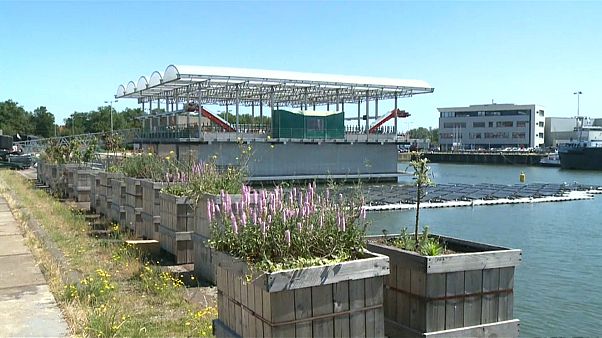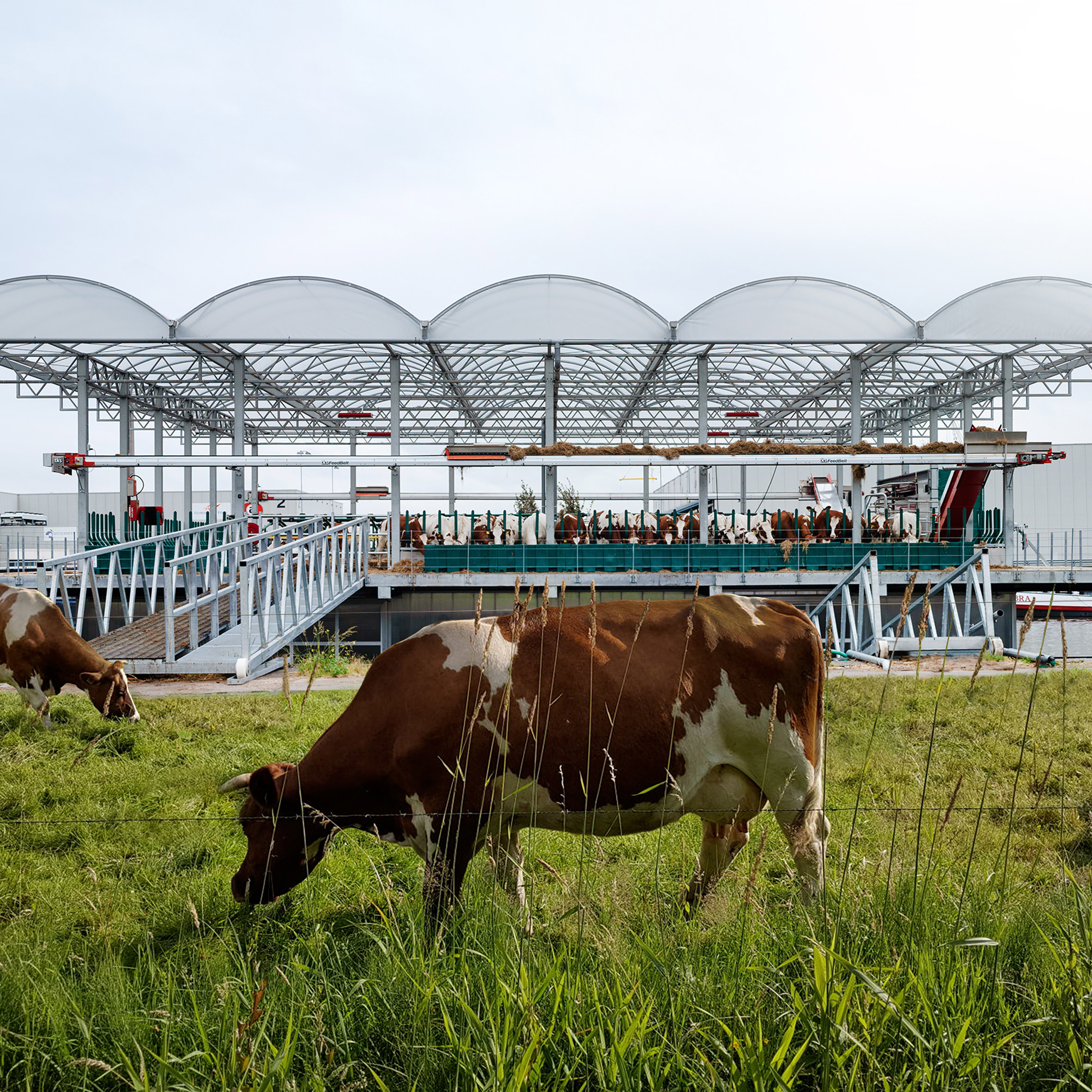Given that there is bipartisan support and bills being drafted in Congress, pharmaceutical industries feel that their profits will decrease if these bills pass. One of the bills was introduced by Speaker of the House Nancy Pelosi, which would allow the government to negotiate prescription drug prices through Medicare. In response to this proposal by the Speaker, besides increased lobby spending, industries claim that "government price-setting would kill drug innovation." Despite this infusion of money into Congress by lobbyists, I think there is political will to reign in drug companies, since polls show that affordable healthcare and accessibility of medicine are becoming increasingly salient issues.

Link: https://thehill.com/policy/healthcare/466980-drug-companies-spend-millions-on-lobbying-as-congress-tries-to-reign-in



